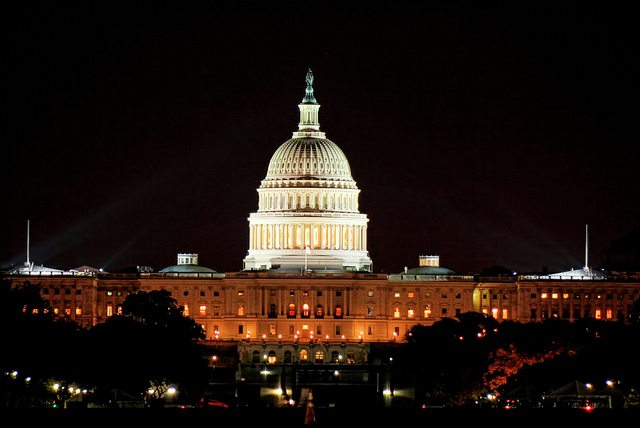The Ending Homelessness Act of 2016, introduced to Congress on March 23 by Congresswoman Maxine Waters (D-CA), represents legislation that would be the most significant federal response to homelessness since The McKinney-Vento Homeless Assistance Act of 1987.
“Homelessness in many parts of America has reached crisis proportions,” Waters wrote in the bill’s executive summary. The proposed act is designed as an emergency relief bill, which Waters compared to the Hurricane Katrina emergency relief funding bills of 2005 and the Housing and Economic Recovery Act of 2008.
The legislation would provide additional funding to programs that are already in place and have proven successful, such as Section 8 Housing Choice Vouchers and the National Housing Trust Fund. In addition to increasing access to affordable housing, the resources provided by the bill would focus funding on outreach work to connect people to the services they need. Additionally, funding would be provided to improve the technology infrastructure to support the outreach programs.
Representative Waters’ legislation would provide a total of $13.27 billion over five years to bolster the Department of Housing and Urban Development (HUD) programs.
The McKinney-Vento Homeless Assistance grants would receive an additional $5 billion to create 85,000 units of affordable housing. Under this part of the Act, McKinney-Vento’s funding formula would be revised so that funding is distributed more accurately to communities based on need. Government and nonprofit service providers who receive the grants would have to allocate 75 percent of the funds towards permanent supportive housing for chronically homeless people until the until those providers can certify that they have functionally ended chronic homelessness.
The Section 8 Housing Choice Vouchers (HCV) program would receive an additional $2.5 billion to provide 295,000 – 300,000 housing vouchers, giving preference to those who are homeless or at risk of being homeless. This section of the act also includes an increase of administrative fees (up to 10 percent in some cases) to public housing agencies, to ensure there is sufficient capacity in place to help homeless families.
Outreach funding totaling in $500 million would be competitively distributed to provide case management and social services for homeless or formerly homeless persons. Another $20 million would be allocated towards HUD’s Healthcare and Housing (H2) Systems Integration Initiative to expand its ability to provide technical assistance to help state and local governments coordinate their healthcare and housing initiatives.
In addition to these influxes, a permanent $1.05 billion of mandatory spending would be appropriated for the National Housing Trust Fund, creating approximately 25,000 new units in the first five years. These units would be affordable to extremely low-income households, charging tenants no more than 30 percent of their gross incomes. The Ending Homelessness Act of 2016 has been referred to the Committee on Financial Services as well as the Committee on the Budget for review and markup. It is too recent to appear on the public schedule of either committee. If the bill makes it through the committees, it would still need to be voted on by both the House and the Senate.
“It is all too common to hear Members on both sides of the aisle express their concerns about the homeless, but it takes more than sympathy to address this issue; it takes robust resources,” Waters said. “It is simply shameful that there are nearly 600,000 homeless people living on the streets in the richest country in the world, but this is not an insurmountable problem.”








